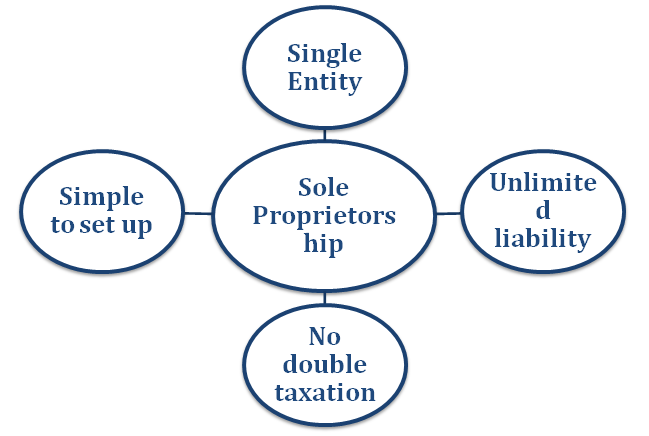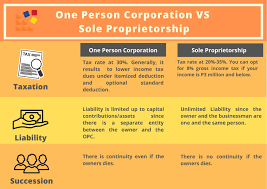Q4.75 Formation: OPC can be formed by ?
Formation Website Link: Formation: In India, a One Person Company (OPC) can be formed by a single individual who meets the following criteria: Resident of India: The individual formation the OPC must be a resident of India. This means that they should have stayed in India for a minimum period as prescribed by the government,… Read More »








